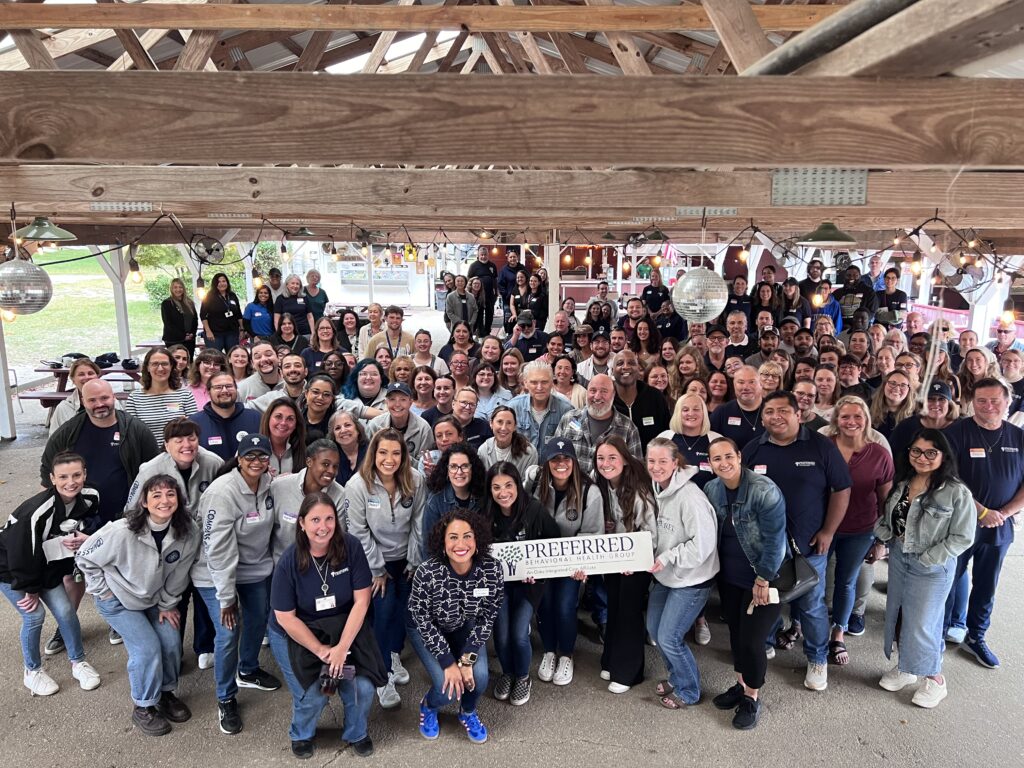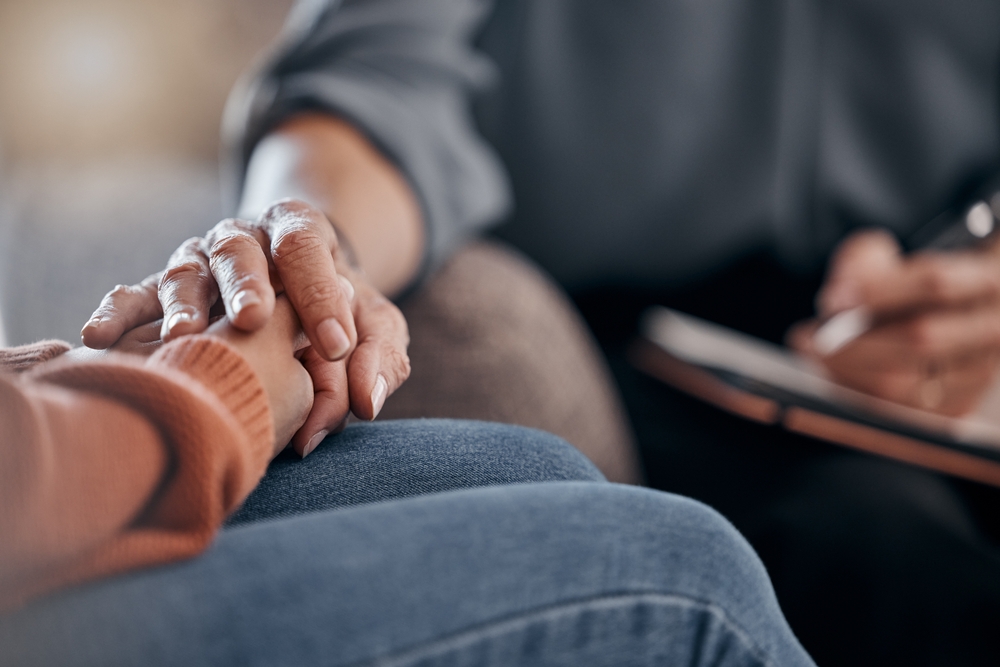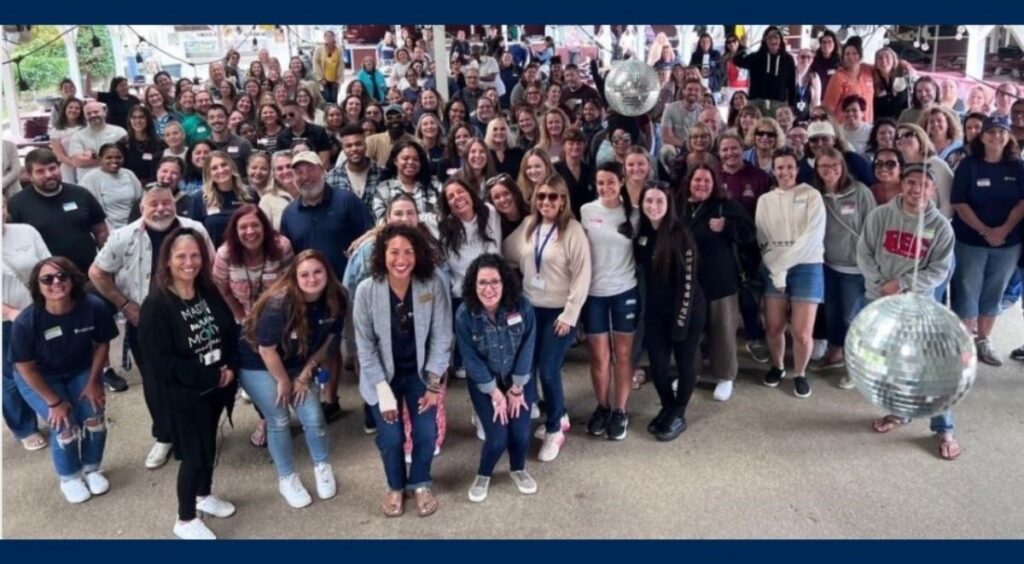Preferred Behavioral Health Group Announces Appointment of New Chief Financial Officer
Moses Adegboyega has over two decades of experience in financial management and leadership of healthcare organizations. TOMS RIVER—Preferred Behavioral Health Group (PBHG) is pleased to announce the appointment of Moses Adegboyega, CPA, as Chief Financial Officer. In this role, Adegboyega will oversee the organization’s financial strategy, planning, and operations to drive continued growth and success. Adegboyega brings over two decades of experience in finance and healthcare leadership, having previously served as Chief Financial Officer at Camcare Health Center and Bedford Stuyvesant Family Health Center. His expertise in financial management and strategic planning will be instrumental in strengthening PBHG’s financial position and supporting its long-term vision of providing outstanding behavioral healthcare services to its clients. “We are excited to welcome Moses to our leadership team,” said Dr. Tara Chalakani, CEO of Preferred Behavioral Health Group. “He brings a wealth of experience and a strong track record of bringing financial excellence to healthcare organizations, which will be invaluable as we continue to grow and innovate.” Adegboyega expressed enthusiasm about joining PBHG, stating, “I am honored to take on this role at such an exciting time for Preferred Behavioral Health Group. I look forward to working with this talented team to build on the organization’s success and continue to deliver outstanding services to New Jersey families.” Adegboyega, a Certified Public Accountant, is a graduate of Rutgers University and resides in Rahway, New Jersey. ABOUT PBHG: Preferred Behavioral Health Group (PBHG) is at the forefront of behavioral healthcare in New Jersey, offering comprehensive services since 1978. Committed to fostering healing and hope, PBHG provides top-tier mental health, substance use, and prevention services with a focus on trauma-informed care and inclusivity. With a dedication to innovation and personalized care, PBHG empowers individuals, families, and communities to embrace well-being and attain optimal mental wellness. Explore PBHG’s transformative programs and services, grounded in trauma-informed care practices, at preferredbehavioral.org. #####
Preferred Behavioral Health Group Announces Appointment of New Chief Financial Officer Read More »










